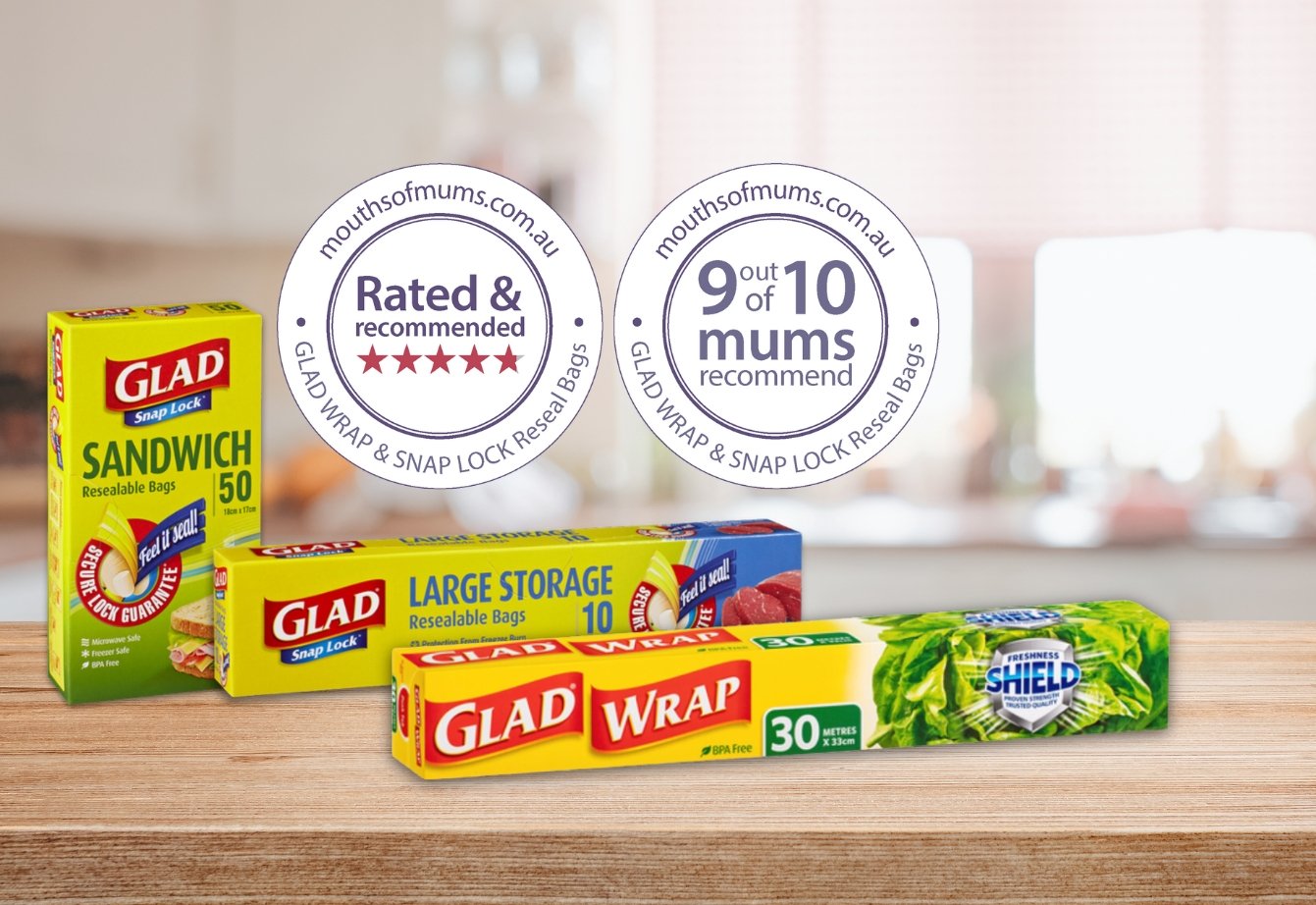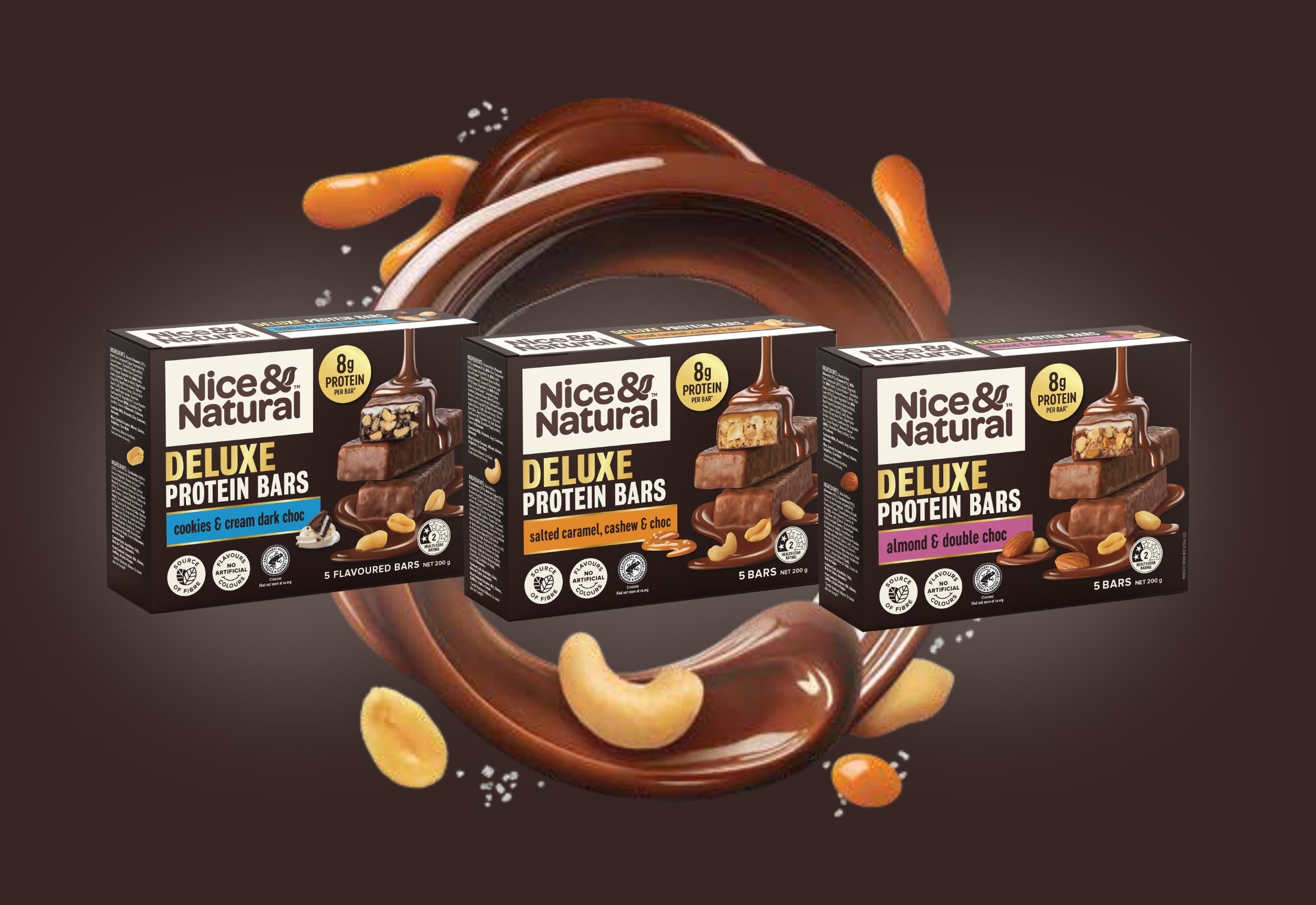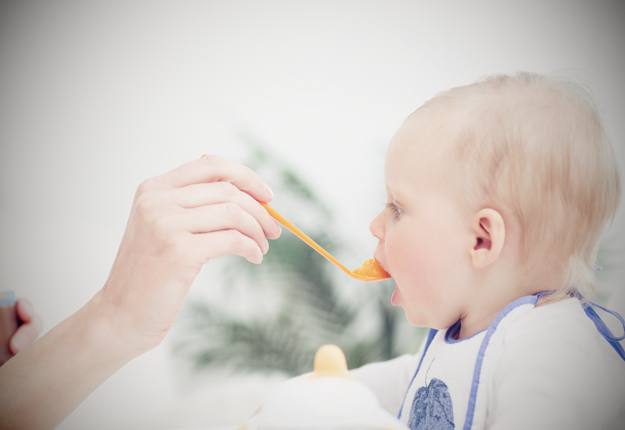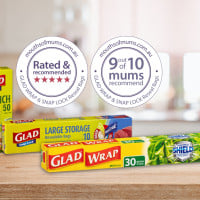Introducing your baby to food is a monumental occasion, but for many parents the occasion is met with much confusion and uncertainty about what and when to offer solids to their baby. If you are wondering whether your baby is ready for solids it might be worth going through these questions first…
Here is the checklist and the key things to consider before moving your baby onto solid foods:
Are they Ready?
- Are they around 6 months of age?
The current recommendation is that a baby should be around 6 months of age before solids are introduced. The vagueness around this term acknowledges that babies are ready at different stages and that more than just the age of your child should be considered. Introducing solids too early can displace breast milk or formula which should be their main food source, increases the load on their immature kidneys and increase the risk of choking. Introducing foods too late increase the risk of nutrient deficiencies and may be associated with an increased risk of allergic reaction.
- Have they lost the extrusion reflex?
The extrusion reflex is the natural response of a babies tongue to come forward once their lips are touched. This reflex is important to allow a baby to feed from a breast or bottle but also safe guards them from having foreign objects enter their mouth. Once this reflex disappears they will be able to move food from the front to the back of the mouth to swallow, rather than seemingly spit them out. It is common for parents to mistake the presence of the extrusion reflex and the ‘spitting out’ of foods as a disliking of the food rather than a sign the baby not ready.
- Are they able to sit with good head control and minimal support?
Having the strength and balance to sit with minimal support is an important sign in the readiness of a baby for solid foods. If they are not able to sit and control their head, there is a serious risk of choking. Similarly, before solids should be introduced a baby should display the ability and willingness to chew. The number of teeth or the presence of teeth is not a sign of a babies readiness for food – some babies don’t get teeth until 12months!
- Are they interested?
Including your baby during meal times is a great way to gauge their interest in food and meal times. Let your baby sit at the table during meals, an interested baby is likely to reach and grab at food.
If a baby is interested in food and has checked the other signs of readiness then it might be time to start to offer some solid foods. Start with foods that are rich sources of iron like fortified cereals, meats, poultry, fish, tofu or legumes.
Foods can be introduced in any order, the idea of delaying allergens are now out dated as is the idea of introducing fruit before vegetables.
New foods can be introduced as soon as the baby is ready but caution should be taken to avoid foods that could cause choking such as whole nuts, popcorn, whole grapes or berries and other hard foods.
Although a well-balanced diet is extremely important for appropriate growth and development, food and meal times should also be a social and enjoyable occasion, so relax, have fun and enjoy meal time together.


















10:29 am
9:46 am
10:26 pm
6:58 am
11:16 pm
10:21 am
9:01 pm
4:08 pm
10:57 am
6:22 pm
12:03 am
-

-
-
-
scottie replied
- 31 May 2014 , 9:12 am
Reply5:02 pm
3:55 pm
7:39 pm
7:30 pm
11:06 am
5:23 pm
-

-
-
-
mom94125 replied
- 19 Oct 2015 , 6:19 pm
Reply8:13 pm
9:22 pm
2:14 pm
- 1
- 2
- 3
- »
Post a commentTo post a review/comment please join us or login so we can allocate your points.